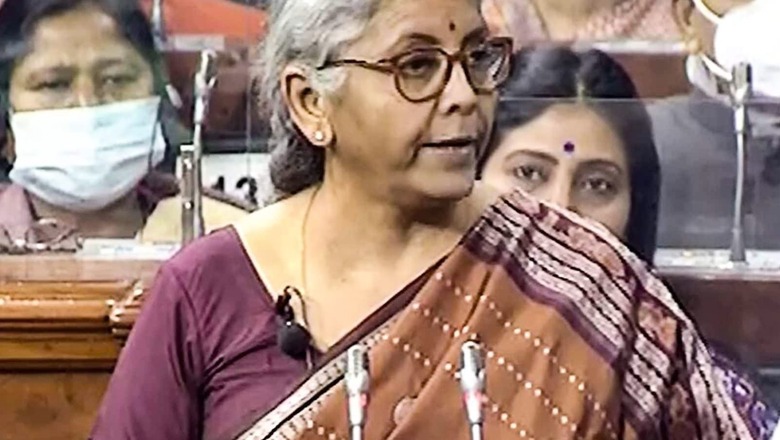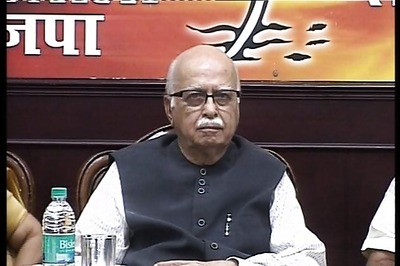
views
Parliament is the temple of democracy and parliamentary procedures the rites by which the will of the people is translated into practice. But the terms and jargon involved in Lok Sabha and Rajya Sabha processes can be difficult to grasp. The News18 series, House Talk, brings you a ready reckoner to make sure that none of it is Greek to you.
The government plans to table the Development of Enterprise and Service Hubs (DESH) Bill during the ongoing monsoon session of Parliament, in a bid to overhaul the SEZ Act of 2005. The move is also aimed at making rules governing special economic zones more WTO compliant.
In her budget speech this year, finance minister Nirmala Sitharaman said that the SEZ Act will be replaced by new legislation that will allow states to collaborate on development.
What is the DESH Bill?
It will overhaul the existing Special Economic Zone law of 2005, aiming to revive interest in SEZs and develop more inclusive economic hubs.
The new law will allow units to produce both for domestic and international markets. Evaluation based on net foreign exchange and direct tax incentives have been done away with in order to comply with WTO rules.
According to the DESH Bill, net positive growth criteria will be used to judge performance.
SEZs will be revamped and renamed Development Hubs. They will be free from several laws that currently restrict them. These hubs will facilitate both export-oriented and domestic investment.
According to reports, the government may impose an equalisation levy on goods or services supplied to the domestic market to bring taxes at par with those provided by units outside.
What were the shortcomings of the SEZ Act?
According to the World Trade Organization’s dispute settlement panel, India’s export-related schemes, including the SEZ Scheme, were inconsistent with WTO rules since they directly linked tax benefits to exports.
The SEZ Act was implemented in 2006 in a bid to create export hubs and boost manufacturing in the country.
However, these zones started losing their sheen after the imposition of a minimum alternate tax and the introduction of a sunset clause for the removal of tax incentives.
The dispute settlement panel of Geneva-based WTO in its report on October 31, 2019, ruled that India’s export-related schemes (including SEZ Scheme) were in the nature of prohibited subsidies under the Agreement on Subsidies and Countervailing Measures and were inconsistent with WTO norms. India has appealed against this order.
What has the govt said about the DESH Bill?
Explaining the rationale behind the new law, commerce secretary BVR Subrahmanyam said in February that India needs large industrial manufacturing zones, which have world-class infrastructure so that those places become manufacturing hubs of the future.
“We are in the process of drafting a SEZ 2.0… We will recast the SEZ Act in the next couple of months…This new Act will lead to the revival of activities in SEZ areas. They will be manufacturing for both international and domestic markets,” he told reporters.
“The new SEZ Act will be WTO-compliant and will have a single window (clearance system). High-class infrastructure will be there and more benefits will be there,” he added.
Hinting about provisions that could become part of the new law, he said there could be a single-window system for both central- and state-level clearances, and for that, “we may even think of putting states on the approval bodies either at state or regional level”.
Read all the Latest News and Breaking News here

















Comments
0 comment